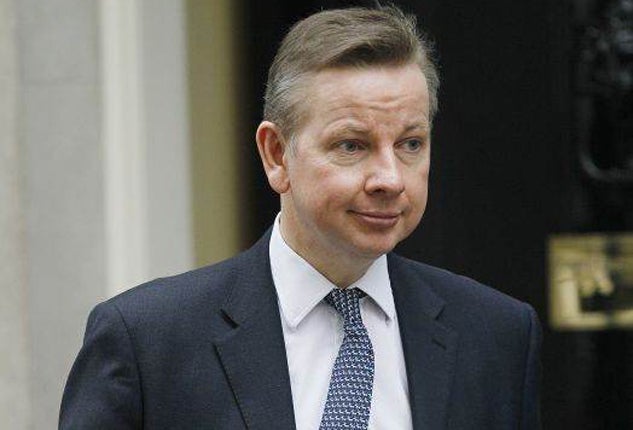Teachers 'will face faith discrimination'

Your support helps us to tell the story
From reproductive rights to climate change to Big Tech, The Independent is on the ground when the story is developing. Whether it's investigating the financials of Elon Musk's pro-Trump PAC or producing our latest documentary, 'The A Word', which shines a light on the American women fighting for reproductive rights, we know how important it is to parse out the facts from the messaging.
At such a critical moment in US history, we need reporters on the ground. Your donation allows us to keep sending journalists to speak to both sides of the story.
The Independent is trusted by Americans across the entire political spectrum. And unlike many other quality news outlets, we choose not to lock Americans out of our reporting and analysis with paywalls. We believe quality journalism should be available to everyone, paid for by those who can afford it.
Your support makes all the difference.Thousands of teachers will face discrimination on religious grounds as a result of the Government's flagship academies programme, lawyers warn today.
Legal advice obtained by the National Secular Society (NSS) indicates that a failure to protect teachers' rights in new legislation is likely to breach European law and could land the Government in court.
At present, a local authority faith school can recruit no more than 20 per cent of its teaching staff on the grounds of religious conviction.
The Education Secretary, Michael Gove, wants to raise this to 100 per cent, the society said. His Education Bill would allow a Muslim or Catholic school, for instance, to recruit entirely on religious grounds – thus threatening the jobs of existing staff.
Teachers in local authority maintained schools are currently exempted from having to teach religious education or conduct acts of collective worship. They can refuse either if they are non-believers or if their faith is different from that of the school. Under Mr Gove's Bill, that exemption would no longer apply.
These changes, the legal advice argues, are likely to break EU law. The advice, obtained from the prominent City law firm Beachcroft LLP, which specialises in education, states: "There are strong grounds to believe that the Government's proposals are a breach of its legal obligations to protect teachers (and others) from discrimination on the grounds of religious belief – set out in the (EU) directive."
Keith Porteous Wood, director of the NSS, said: "The statutory protections on which the jobs of hundreds of thousands of non-religious teaching and support staff depend will be clandestinely removed when they transfer to academies.
"Staff should be treated with equal respect whatever their faith or lack of it and not be forced into pretending to hold beliefs that they do not have, in order to retain their jobs.
"This has the potential to be the most serious erosion of religion and belief employment rights of staff that I have ever seen."
The NSS has lodged a formal complaint with the European Commission over the procedures. However, the Department for Education insisted that the society's claim was "misleading".
"The Education Bill does not reduce protections for teachers within faith schools that convert into academies and we are confident that the Bill does not breach any domestic or European law," a spokeswoman added.
The Department said academies legislation had safeguards to protect teachers' rights in religious schools.
The row could bring Mr Gove before the courts for the second time during his tenure as Education Secretary. Last week the High Court ruled he had acted unlawfully in failing to consult with six local education authorities over his plans to scrap school building programmes.
The Government rushed through emergency legislation to expand the academies programme on coming into office. Its first target was to allow all schools ranked as "outstanding" by Ofsted, the education standards watchdog, to transfer to academy status.
Under Labour, the programme had concentrated on setting up privately sponsored academies in disadvantaged areas and allowing them to take over from failing schools.
Join our commenting forum
Join thought-provoking conversations, follow other Independent readers and see their replies
Comments